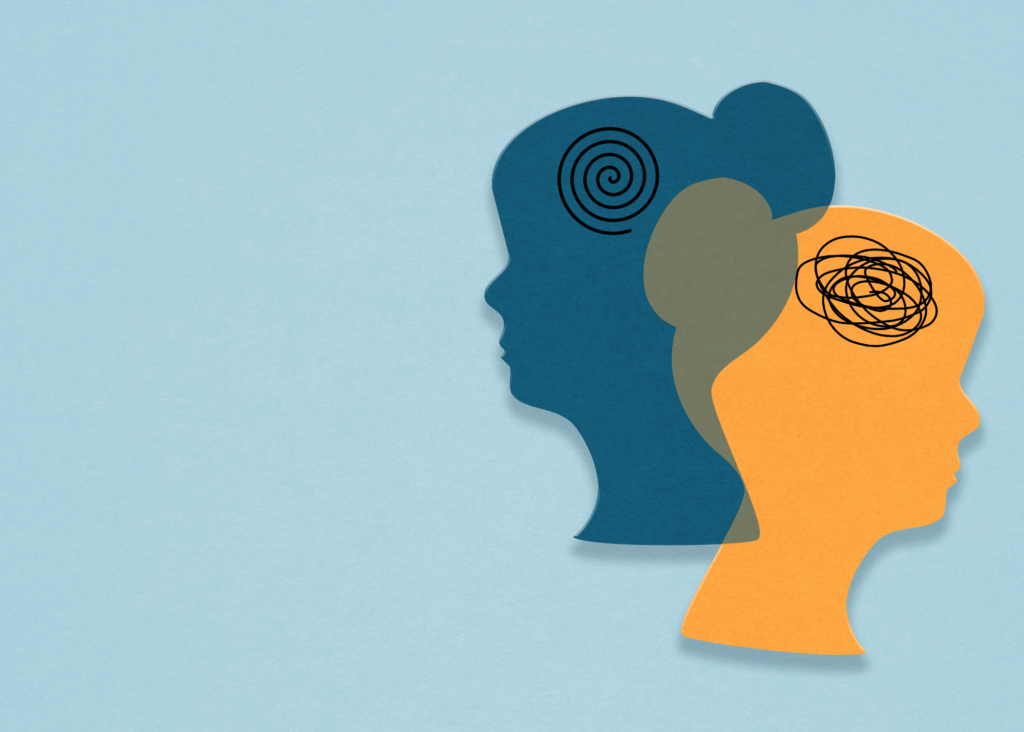May 28
Top 10 Women’s Health Issues

While many health issues impact both men and women, some health problems affect women slightly differently. It’s important for women and any caregivers for women to understand how their health conditions may be different from those of men. This also helps reduce inequalities in treatment and empowers women to speak up to their healthcare providers.
Because American women are generally more responsible for family planning and taking care of children, when health issues come up, it impacts more than just that individual. Communities and families are severely affected when women go through health issues.
In this article, we’ll review the top 10 women’s health issues so that you and your loved ones can maintain health and prosperity.

1. Heart Disease
The term ‘heart disease’ includes many different conditions such as coronary artery disease, high blood pressure, cardiac arrest, and congestive heart failure. Heart disease can lead to heart attacks and other unfortunate health outcomes.
According to the CDC.gov, more than “60 million women in the United States are living with some form of heart disease.” The research also shows that heart disease is the leading cause of death for women and can happen at any age.
Healthcare providers often diagnose women with heart disease later than they diagnose men, mostly because symptoms may show up differently in women. Because women aren’t diagnosed as early, they are at high risk for heart attacks and heart failure. Risk also increases when women go through menopause, experience problems during pregnancy, use hormonal birth control, or if they have endometriosis.
Women can prevent heart disease by leading a healthy lifestyle, eating heart-healthy foods, such as eggs, beans, seafood, and healthy fats and oils, and exercising regularly.
2. Breast Cancer
According to the American Cancer Society, breast cancer is the second most common cancer in the United States, only after skin cancer. The likelihood of a woman developing breast cancer in her life is about 13%.
The risks for breast cancer include family history, having dense breasts, reproductive history, obesity, and drinking alcohol. The breast cancer screening recommendations depend on which risk factors you have, but in general, the guidelines for women 40 and above are every year or every other year. Being diagnosed early increases your chances of being able to survive the cancer.
3. Osteoporosis
Osteoporosis is the weakening of bones, which increases as we age. Bones can become so brittle that even mild stress can cause them to break. Women who are past menopause are at the highest risk for osteoporosis. According to the International Osteoporosis Foundation, there are 10.2 million adults who have osteoporosis in America, with 80% of them being women.
To prevent eventual osteoporosis, women can do weight-bearing exercise, eat and drink plenty of calcium and vitamin D, as well as get regular bone density screenings.

4. Mental Health
One of the top ten women’s health topics is mental health. Women are much more likely to have mental health issues like depression, anxiety disorders, and eating disorders. This is due to hormonal changes during their menstrual cycle.
Therapy and other self-soothing techniques are helpful for women dealing with mental health issues. It is so important for us, as a society, to remove the stigma around mental health and work together to improve it.
5. Reproductive Health
One of the largest health issue areas for women is reproductive health. Reproductive health includes things like menstrual disorders, birth control, endometriosis, uterine fibroids, infertility, and sexually transmitted infections (STIs).
To prevent reproductive health issues for women, it’s important to get regular gynecologic screenings, explore healthy contraceptive options to avoid unwanted pregnancies and sexually transmitted infections (STIs), and meet with a healthcare provider for any pre-conception health concerns.
6. Reproductive Cancers
In addition to reproductive health overall, women need to pay attention to the potential for reproductive cancers like cervical cancer, ovarian cancer, or uterine cancer.
To reduce the risk of these cancers, women should be aware of symptoms such as abnormal vaginal bleeding or discharge, difficulty eating, strange bloating, pressure in the pelvic area, or any itching, burning, or pain in the area.
Additionally, there is the human papillomavirus (HPV) vaccine that all female children and young women should receive to reduce the risk of reproductive cancers.
7. Maternal Health
Pregnancy and childbirth come with their own set of potential health risks, regardless of the birth plan. According to the National Institute of Child Health and Human Development, common complications during pregnancy can include high blood pressure, infections, mental health issues, and gestational diabetes.
The National Institute also states that there are plenty of risks for pregnant women during childbirth including excessive bleeding, abnormal heart rate of the baby, issues with the umbilical cord, and tears.
The above risks and issues demonstrate the importance of prenatal care. This may include physical exams, weight checks, imaging, blood tests, and discussions about the mother’s and baby’s health.
8. Menopause
Every woman will or has gone through menopause in their life. Menopause is the ceasing of menstruation and usually happens between 45 and 50 years of age. There are many physical and emotional changes during this time, including hot flashes, changes in sleep, pain during intercourse, depression, irritability, and moodiness.

There are many ways to reduce the symptoms of menopause. It’s important to eat foods with enough calcium and vitamin D, start or continue to exercise, eat a lot of fruits and vegetables, drink more water, eat enough protein, and reduce refined sugar and processed foods.
9. Autoimmune Diseases
Autoimmune diseases occur when the body’s immune system attacks healthy cells. These diseases are much more likely to occur in women than men. Women make up 78% of people who have these diseases. There seems to be a growing consensus that the reason autoimmune diseases occur more in women is because of the differences in sex hormones and microbes based on sex.
The most common types of autoimmune diseases impacting women are lupus, multiple sclerosis, and rheumatoid arthritis.
The main risks for women, beyond their gender, are genetics, environment, and infection. It can be difficult for women to get an autoimmune disease diagnosed because the symptoms may mimic other potential illnesses or diseases. However, once diagnosed, treatment can include anti-inflammatory drugs, physical therapy methodologies, painkillers, or in some cases, surgery.
10. Diabetes
Diabetes occurs when blood sugar levels are too high. There are three types of diabetes: type I, type II, and gestational diabetes. Type I diabetes, the disease is an autoimmune disorder, causing the body to lack the insulin production necessary to manage your body’s needs on a day-to-day basis. In type II diabetes, which is more common, the body either doesn’t make enough insulin or can’t properly use the insulin it’s creating. Lastly, gestational diabetes is a type of diabetes that happens only during pregnancy.
Scientists think Type I diabetes is caused by genetics, infections, or environmental factors. Type II diabetes can be caused by obesity, lack of physical activity, and genetics among other things. Women who have diabetes are at higher risk for things like heart disease, blindness, and depression.
To prevent type II diabetes, eat healthy foods, exercise regularly, and lead an overall healthy lifestyle, reducing or removing smoking and drinking alcohol from your life.
Get Women’s Health Support and Treatment at LCH
At LCH, we encourage all women to prioritize their health through regular check-ups and leading a healthier lifestyle. We believe that regular health screenings and preventative care are the cornerstones of a long, healthy life. Our mission is to improve the health and well-being of people and communities by providing high-quality healthcare, resources, and social services.
Contact us for more information or to schedule an appointment.
